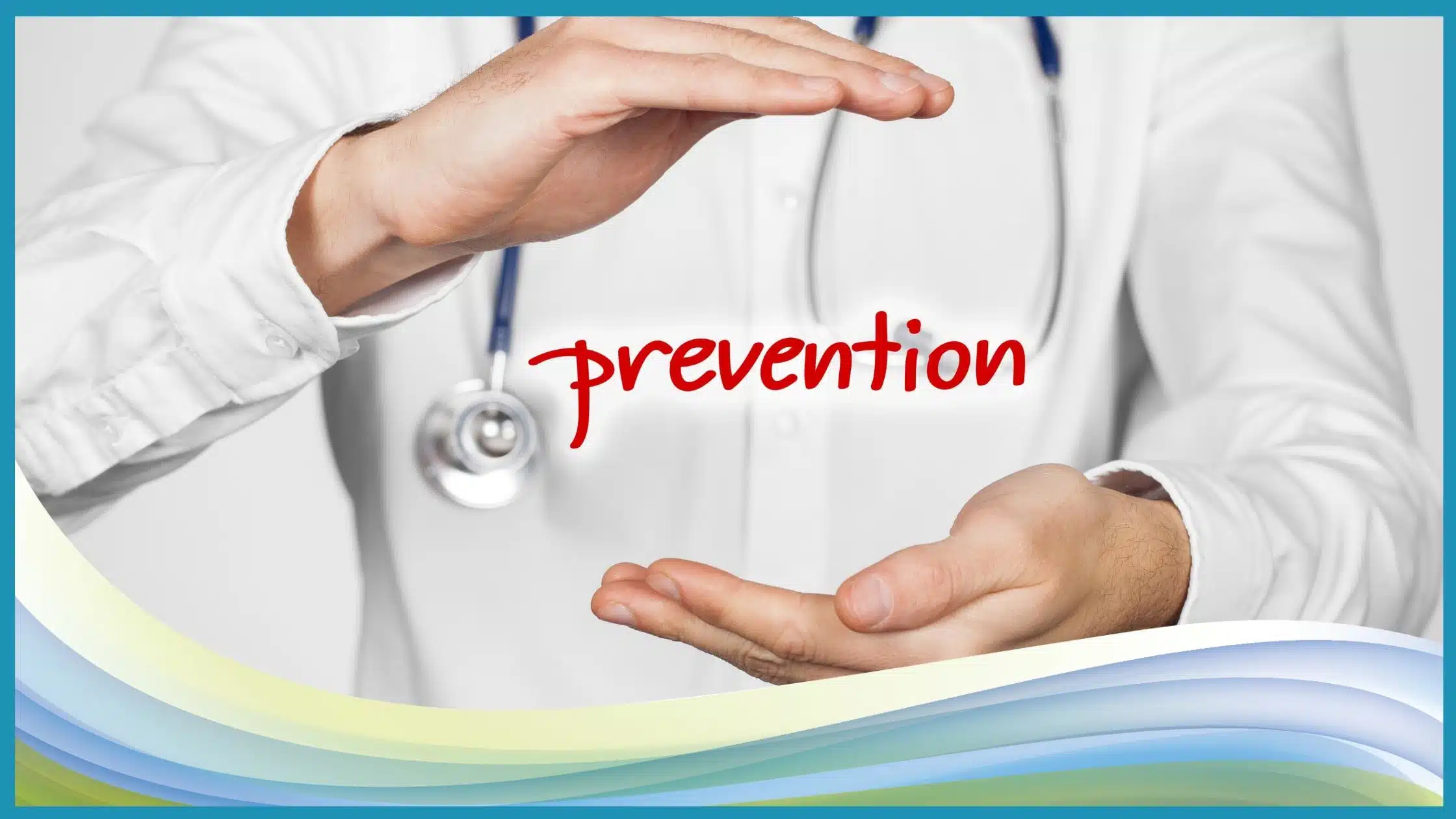Preventive care is a proactive approach to healthcare that focuses on preventing diseases before they occur, rather than treating them after they develop. By adopting preventive measures, individuals can significantly reduce their risk of serious health issues and improve their overall quality of life. Here, we explore the top five preventive care measures everyone should take to maintain their health and well-being.
Top 5 Preventive Care Measures Everyone Should Take

1. Regular Health Screenings
Routine health screenings are essential for early detection of potential health problems. These screenings can include:
- Blood Pressure Checks: Regular monitoring helps identify hypertension, which can lead to heart disease and stroke if left untreated.
- Cholesterol Tests: High cholesterol levels can increase the risk of heart disease. Regular testing allows for timely lifestyle changes or medication.
- Cancer Screenings: Age-appropriate screenings such as mammograms for breast cancer, colonoscopies for colorectal cancer, and Pap smears for cervical cancer are crucial for early detection and treatment.
2. Vaccinations
Vaccinations are a cornerstone of preventive healthcare. They protect individuals from various infectious diseases and contribute to community immunity. Important vaccines include:
- Flu Vaccine: Recommended annually to prevent seasonal influenza.
- Tetanus Booster: Generally needed every ten years.
- COVID-19 Vaccine: Essential for protection against severe illness related to COVID-19.
Staying up-to-date with vaccinations not only protects you but also helps safeguard those around you, especially vulnerable populations.
3. Healthy Lifestyle Choices

Adopting a healthy lifestyle is one of the most effective preventive measures you can take. Key components include:
- Balanced Diet: Eating a variety of fruits, vegetables, whole grains, and lean proteins supports overall health and helps maintain a healthy weight.
- Regular Exercise: Aim for at least 150 minutes of moderate aerobic activity each week, combined with strength training exercises at least twice a week.
- Avoiding Tobacco and Excessive Alcohol: Quitting smoking and limiting alcohol intake can significantly reduce the risk of numerous diseases, including cancer and liver disease.
4. Mental Health Awareness
Mental health is just as important as physical health. Regularly assessing your mental well-being can help prevent issues from escalating. Consider these practices:
- Routine Mental Health Check-ups: Just like physical health screenings, mental health assessments can help identify issues such as anxiety or depression early.
- Stress Management Techniques: Engage in activities like mindfulness, yoga, or meditation to manage stress effectively.
- Seek Professional Help When Needed: Don’t hesitate to reach out to a mental health professional if you’re feeling overwhelmed.
5. Maintaining a Healthy Weight
Weight management is crucial for preventing various chronic diseases such as diabetes, heart disease, and certain cancers. Strategies include:
- Regular Monitoring: Keep track of your weight regularly to identify any concerning trends early.
- Healthy Eating Habits: Focus on portion control and nutrient-dense foods rather than calorie-dense options.
- Physical Activity: Incorporate regular exercise into your daily routine to help maintain a healthy weight.
Also Read : Understanding Ear Cancer: Symptoms, Diagnosis, And Treatment
Conclusion
Preventive care is essential for maintaining good health and preventing serious diseases before they develop. By incorporating regular screenings, vaccinations, healthy lifestyle choices, mental health awareness, and weight management into your routine, you can significantly enhance your overall well-being. Taking these proactive steps not only improves your quality of life but also contributes to a healthier community.
FAQs
Q: What is preventive care?
Preventive care refers to healthcare services that focus on preventing diseases or detecting them early before they become serious. This includes regular check-ups, screenings, vaccinations, and lifestyle counseling.
Q: Why are regular health screenings important?
Regular screenings help identify potential health issues early when they are often more treatable. Early detection can lead to better outcomes and lower healthcare costs over time.
Q: What vaccines should adults receive?
Adults should stay up-to-date on several vaccines including the flu vaccine (annually), tetanus booster (every ten years), shingles vaccine (for those over 50), and COVID-19 vaccines as recommended.
Q: How can I maintain a healthy weight?
Maintaining a healthy weight involves regular physical activity, balanced nutrition focused on whole foods, monitoring portion sizes, and being mindful of caloric intake.
Q: What mental health practices should I consider?
Practices such as mindfulness meditation, regular physical activity, maintaining social connections, and seeking professional help when needed can support mental well-being.
Q: Is preventive care covered by insurance?
Most health insurance plans cover preventive care services at no cost to the patient when provided by an in-network provider. This typically includes routine check-ups and vaccinations.
Q: How often should I have a check-up?
Adults should generally have an annual check-up with their primary care provider; however, the frequency may vary based on individual health needs and risk factors.





